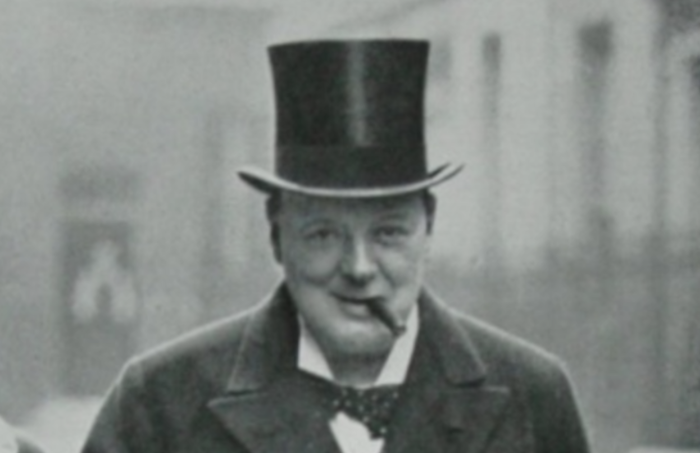When Winston Churchill was asked to describe the opposition facing a coalition government that won a 283-seat majority over disorganised opponents at the 1918 election he said, "The only opposition we have to encounter is the opposition of events". Churchill was speaking when the British government was trying to clear up the geopolitical wreckage of the First World War. While geopolitics is not a Starmer priority, events abroad will present challenges to British security that a big majority at Westminster cannot settle.
Events can be divided into four groups. The simplest are known knowns; they will be known to occur in the future and can be prepared for, such as the American presidential election. Known unknowns are risks that we know could happen, such as another Russian military incursion, but we don't know whether they will happen in the life of the new Parliament. Unknown unknowns are challenges that we don't expect to happen but if they do are too big to ignore, such as COVID. A fourth category, denied knowns, are a convenient political tactic for ministers caught by unwelcome events they cannot control, such as the consequences of Brexit.

Photo: Winston Churchill warned of "the opposition of events"
Keir Starmer will start making the news this weekend by appointing one hundred ministers and re-organising Whitehall institutions. The biggest known unknown is whether embarrassing social media posts will turn up about of any of his 400-odd MPs that have slipped through a Labour vetting practice. If no such event turns up, the risk of embarrassment will remain for another 250 weeks.
Next week Starmer will also participate in the celebration of the 75th anniversary of NATO in Washington. The known known is that he can enjoy a photo op with President Biden, even if he must share it with 31 other NATO allies. The known unknown is how much pressure he will face from American security personnel about what he intends to do promptly to beef up Britain's contribution to NATO defence. Retired British generals and defence specialists note that Labour's manifesto commitments on defence fall short of expert priorities.
The third week of July will emphasize the contrast between events Downing Street can control, the King's Speech to Parliament, and what it can't, a European Political Community summit at Blenheim Palace with dozens of other prime ministers accountable to different electorates.
Starmer will unexpectedly be the only head of a big European government secure in office for the next five years. However, there is no manifesto commitment to healing major breaches with the European Union. Nor has Starmer the experience to take a lead in preparing Europe for a collective response to what will soon be a known known: the White House policy for defending Europe in the light of events in Ukraine.
As a lawyer, Starmer was accustomed to events that were known knowns, such as the scheduling of hearings in the legal process. While British courts are closed all weekend, both the White House and the Kremlin work a 24/7 week. So too do the many forces that can turn unknown knowns into action-forcing events that disrupt the best laid plans of Downing Street.
Prof Richard Rose is is author of the forthcoming book, European Security from Ukraine to Washington, and of comparative studies of prime ministers and presidents from Washington to Moscow.